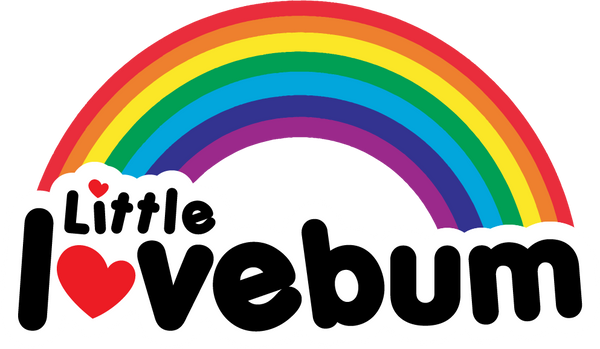Reusable Nappies: A Sustainable Choice for Eco-Conscious Parents
In today's world, where environmental consciousness is at an all-time high, parents are increasingly seeking eco-friendly alternatives for their babies' needs. Reusable nappies, also known as cloth nappies, washable nappies, real nappies, modern cloth nappies or cotton nappies, offer a sustainable and economical solution that is kind to the planet and your child's delicate skin.
Benefits of Reusable Nappies
- Environmentally Friendly: Disposable nappies contribute significantly to landfill waste, taking approximately 500 years to decompose. Reusable nappies, on the other hand, are washed and reused, reducing their environmental footprint.
- Economical: While the initial investment in reusable nappies may seem higher, the long-term savings are substantial. Disposable nappies can cost hundreds of pounds annually, while reusable nappies are washed and reused.
- Healthier for Babies: Reusable nappies are made from soft, breathable fabrics such as hemp, bamboo and cotton that are gentle on a baby's sensitive skin. They are free from harsh chemicals and dyes that can irritate or cause rashes.
Types of Reusable Nappies
- Fitted Nappies: These nappies provide excellent containment and are often used with a separate waterproof wrap. Nox is made from thirsty hemp and has bamboo and hemp inserts for an absorbent night nappy.
- All-in-One Nappies: These nappies combine the absorbent layer and waterproof wrap into a single unit, making them easy to use and change. The Quickdry nappy is quick to dry, whilst the Everyday is made with hemp and bamboo, so thirsty and perfect for everyday cloth nappy use. The Newbie Natural is made with organic cotton, perfect for delicate newborn skin. The Mighty Max is the perfect choice for your chunky toddler or late potty trainer.
- Pocket Nappies: These nappies have a pocket where absorbent inserts can be placed, offering customised absorbency levels. The Little Lovebum Popper & Pocket has a popper inside to pop on a Trifold, or you can use it like a pocket nappy with the inserts in the pocket.
Using Cloth Nappies at Nighttime
- For nighttime nappies, super absorbent hemp or bamboo is incredibly popular and widely regarded as the best fabric for night-use nappies; both are used in our Nox nighttime nappies. Pair this with a Snap & Wrap Max nappy cover for a dry, comfortable sleep.
Washing Reusable Nappies
- Soiling: Knock off solids into the toilet, rinse if necessary and store dirty nappies in an XL Hanging Wet Bag or bucket.
- Washing: Wash your modern cloth nappies on a short cycle with half a dose of laundry detergent. Follow with a longer cotton wash cycle at no more than 60 degrees Celsius. Avoid fabric softener and tumble drying. Line drying your washable nappies is always best.
How to start with reusable nappies
Many parents need help figuring out where to start, which reusable nappy to choose, and how many nappies or nappy wraps they need. While it initially seems confusing, take it a step at a time; the first step is reading our guides and asking for help. We have a Reusable Nappy Incentive Scheme which allows you to try out cloth nappies to see if they are for you.
Additional Info
- One-size nappies: These nappies can be used from birth to potty training, providing long-term value.
- Reusable wipes: Pair reusable nappies with reusable bamboo wipes to further reduce waste and save money.
- Swim nappies: The Popper & Pocket can be used as a swim nappy if you remove the absorbent inserts. You don't need to purchase different nappies for swimming as these work perfectly.
- Boosters: Reusable cloth nappy boosters are usually made of cotton, hemp, bamboo or microfibre. Boosters add absorbency to your day or nighttime nappies.
- Liners: A liner makes getting rid of poo simple and keeps baby's skin dry. Liners you reuse are called fleece washable/reusable liners or Stay-Dry Liners. Disposable biodegradable liners are made of bamboo. Another benefit of using a liner is that it protects the nappy fabric from any moisturiser or barrier creams that you might use on baby's bum.
Embrace a Sustainable Future with Reusable Nappies
By making the switch to reusable nappies, you can significantly contribute to environmental protection and reduce your family's carbon footprint. Join the growing community of eco-conscious parents embracing reusable nappies for a healthier and more sustainable future for their children and the planet.
